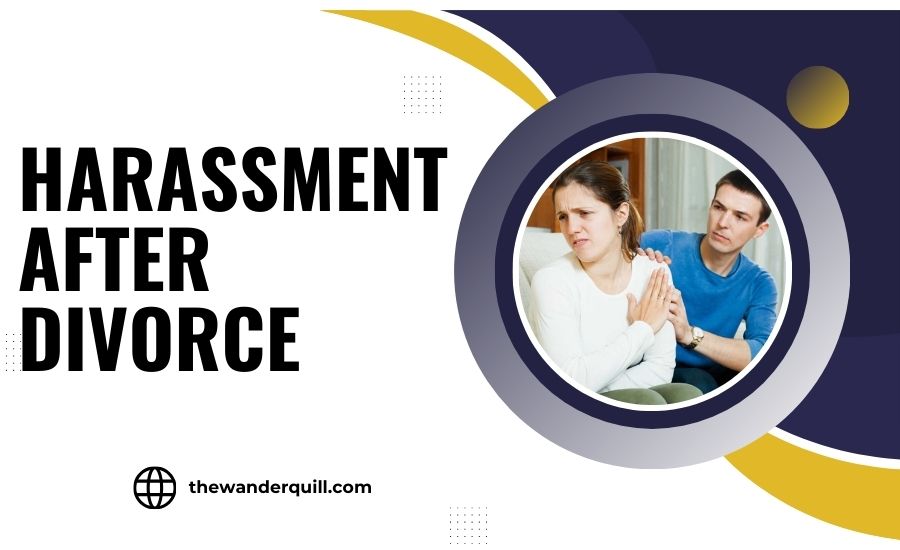
Divorce is already challenging, but when an ex-spouse doesn’t leave you alone, it can become even harder. Harassment after divorce is a serious issue, and in every case, it can lead to legal consequences. But what exactly counts as harassment, and how can you protect yourself?
Understanding Harassment After Divorce
Harassment is any repeated, unwanted behavior that causes emotional distress, fear, or harm. After divorce, harassment can take different forms, including:
- Verbal abuse – Repeated insults, threats, or offensive language.
- Constant contact – Unwanted calls, texts, emails, or social media messages.
- Stalking – Following you, showing up uninvited, or tracking your activities.
- Threats and intimidation – Making you feel unsafe through direct or indirect threats.
- Public humiliation – Posting private information or spreading lies about you online.
- Interfering with your life – Disrupting your work, parenting, or new relationships.
When Does It Become Illegal?
Not every argument with an ex is harassment, but the law considers certain behaviors as criminal if they:
- Are repeated and intentional – A single angry message is not harassment, but constant contact can be.
- Cause fear or distress – If the behavior makes you feel threatened or unsafe, it can be harassment.
- Violate a restraining order – If a court has ordered no contact, any attempt to reach you is illegal.
Harassment Laws in the U.S.

Each state has its own laws, but most recognize harassment as a crime under categories like:
- Cyberstalking – Using digital communication to harass or intimidate.
- Criminal harassment – Continuous unwanted contact that causes distress.
- Stalking laws – Following or monitoring someone without consent.
- Domestic violence laws – Protecting victims from abuse by an ex-spouse.
If you are unsure about your rights, check your state’s laws or talk with an attorney.
How to Prove Harassment After Divorce
To take legal action, you need proof. Here’s what can help:
- Save all messages, emails, and call logs – This records repeated contact.
- Take screenshots of online harassment – Keep evidence of posts, comments, or threats.
- Document all incidents – Write down every interaction’s dates, times, and details.
- Gather witness statements – If others saw the harassment, their testimony can help.
- Get a police report – If harassment continues, report it to law enforcement.
What You Can Do to Stop Harassment
If your ex is harassing you, take these steps to protect yourself:
1. Set Clear Boundaries
Tell them to stop contacting you. Make it clear that further contact will lead to legal action.
2. Block Communication
Use the phone and social media blocking features to cut off contact.
3. Change Your Contact Information
If needed, update your phone number or email to avoid further harassment.
4. Get a Restraining Order
A court can issue a protective order to legally prevent your ex from contacting you.
5. Seek Legal Help
If harassment continues, consult a lawyer to understand your rights and file charges if necessary.
Can Harassment Affect Child Custody?
Yes. If your ex harasses you in ways that affect your children, a judge may reconsider custody arrangements. This could mean:
- Loss of visitation rights – If harassment puts your child in emotional distress.
- Supervised visits – If the court finds your ex’s behavior dangerous.
- Full custody for the non-harassing parent – If the harassment is severe.
If your child is also experiencing issues with a step-parent, check out our guide on Step Child Ignores the Step Parent for insights on handling family challenges.
Final Thoughts
Harassment after divorce is serious and should never be ignored. If you feel unsafe, take action immediately. Set boundaries, gather evidence, and seek legal help. The law is there to protect you, and you don’t have to face it alone.





